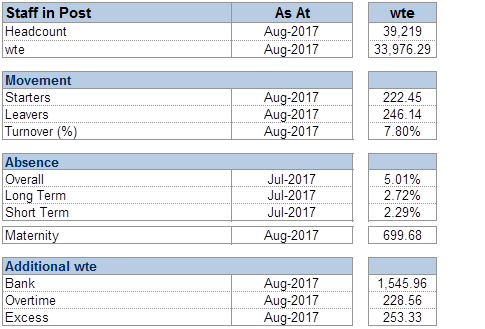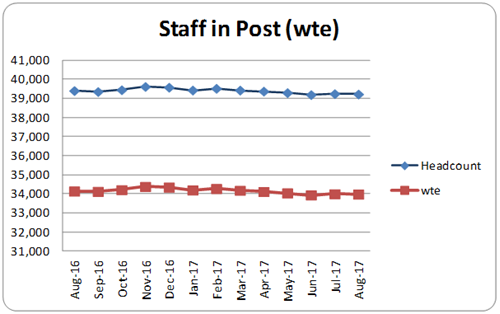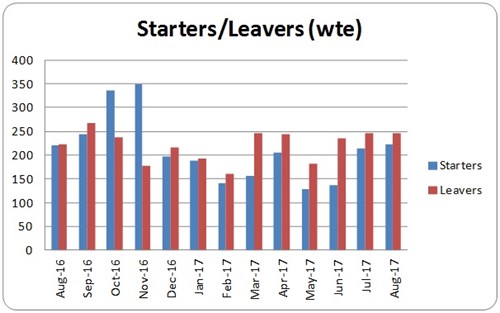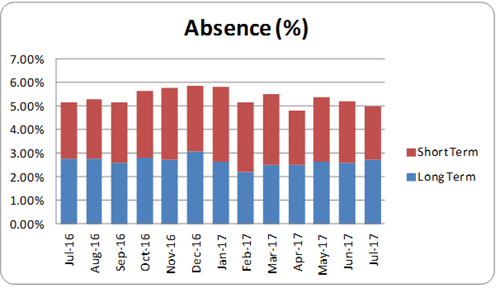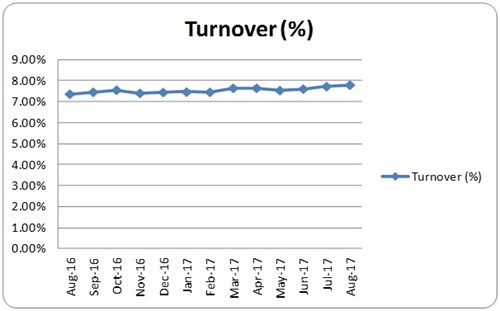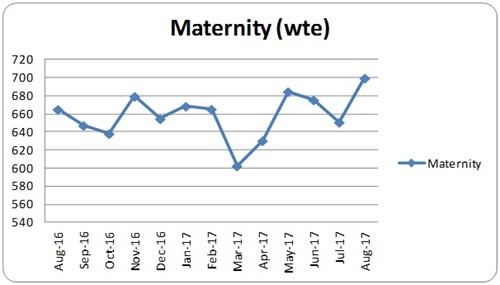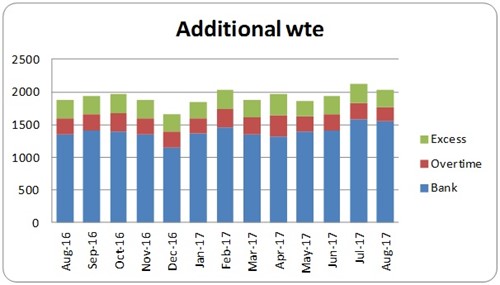What is PREVENT?
PREVENT is part of the UK government Counter Terrorism Strategy, CONTEST. The CONTEST strategy consists of four areas.
Contest Strategy (4 P’s)
- Pursue: to stop terrorist attacks.
- Prevent: to stop people becoming terrorists or supporting violent extremism
- Protect: to strengthen our overall protection against terrorist attack
- Prepare: where we cannot stop an attack, to mitigate its impact.
The aim of PREVENT is to prevent people from becoming terrorists or being involved in supporting violent extremism. The Prevent strategy has been successfully rolled out in areas such as schools and local authorities. NHS Boards are now required to ensure systems and processes are developed to tackle the threat of national and international terrorism including the need to increase awareness within the workforce
In January 2015, the Scottish Government Resilience Unit published “Playing our Part” which supports and strengthens delivery of the PREVENT Strategy within Health Boards. Health Boards have been asked to prepare and submit a PREVENT Action Plan. The plan was submitted to the Scottish Government in March 2015.
In addition to “Playing our Part”, the UK government have also published the Counter Terrorism and Security Act (CTSA) in July 2015) which places a statutory duty on public bodies to have:
“due regard to the need to prevent people from being drawn into terrorism” in the exercise of their functions.
Why is the NHS involved in this?
Healthcare professionals have a key role in Prevent. Prevent focuses on working with vulnerable individuals who may be at risk of being exploited by radicalisers and subsequently drawn into terrorist-related activity. Prevent does not require you to do anything in addition to your normal duties. What is important is that if you are concerned that a vulnerable individual is being exploited in this way, you can raise these concerns in accordance with the procedures below.
NHSGG&C has developed resources to support further awareness of Prevent including guidance on what to do if you suspect someone is being drawn into terrorist related activity.
Raising a Concern
Managers and Supervisors
It is important that managers consider their concerns carefully and have read the Prevent Manager briefing.
This briefing outlines the steps that should be taken in relation to processing Prevent concerns about a member of staff. A copy of the escalation pathway.
Members of staff
If you have concerns about a patient, volunteer or member of staff, please refer to the Prevent Staff briefing. If you believe that a referral under Prevent is needed please follow the steps below:
Non-Urgent Matters
- Discuss your concerns with your direct line manager.
- Contact the Prevent Single Point of Contact for advice if required on 07895907414
- Document your concerns on the Adult Support and Protection Act referral form (AP1).
- Email the completed AP1 referral to the Prevent generic mailbox: Preventconcerns@ggc.scot.nhs.uk
Urgent Matters
If you feel there is an imminent threat, the situation has become an emergency or a person is at risk of harm or a risk to other people then you should report this immediately to your line manager and contact Police Scotland.
Learning Resources for Staff
Prevent- e-learning module
An awareness raising e-module on PREVENT is now available on LearnPro and can be found under the specialist subjects section. This is a short module designed to raise awareness of what PREVENT is and outlines our responsibilities in protecting vulnerable patients and staff.
You will require a NHS LearnPro username and password to login.
Workshop to Raise Awareness of PREVENT (WRAP)
If you would like further training on PREVENT, a Workshop to Raise Awareness of PREVENT (WRAP) can be delivered locally. The training is 1 hour and 10 minutes long. For further information, please contact LE.support@ggc.scot.nhs.uk
Useful NHSGGC Resources
Useful National Resources
- Prevent Strategy– UK Government
- Playing our Part – Scottish Government
- PREVENT Duty Guidance for Scotland
- Reporting terrorist content on the web
- Current Threat Level
- Counter Terrorism and Security Fact Sheet
Contact Us
If you would like to discuss any issues relating to PREVENT, or would like to discuss a concern, please contact PREVENTConcerns@ggc.scot.nhs.uk or phone 0141 278 2700.

